Is Your Onboarding Process Enough?
Onboarding is often perceived as a transactional formality or a necessary bureaucratic function. Still, it is, in fact, an invaluable tool for building relationships with new employees and ensuring their smooth transition into the company. The onboarding success can determine whether a new hire fits into the organisation’s culture and decides their long-term engagement within the business.
By investing more time and effort to get onboarding right, companies can now attract top talent and increase employee retention rates. But how do you know if your current onboarding process is enough?
In this article, we will explore some challenges or limitations often associated with onboarding and provide insights on how corporate team-building workshops in Singapore can be used to overcome them.
What are the common gaps in the onboarding process?
1. Vague Work Responsibilities and Objectives
Imagine starting a new job and feeling like you’ve landed in a foreign country without a map or a guide. That’s how some new hires feel when onboarding is vague and disorganised. Without clear objectives and company vision, confusion reigns and productivity plummets.
Making matters worse, 28% of employees will choose to leave their job after a lousy onboarding program. This makes things more difficult for HR professionals who are tasked with the challenge of creating an engaging and practical onboarding experience.
Corporate team-building is one of the most effective and engaging ways to tackle this issue. While most companies in Singapore do not prioritise corporate team-building during the onboarding process, it is a great way to introduce new employees to the company’s culture, vision, and objectives. It can also help set expectations for every team member and build a strong camaraderie, which will go a long way in creating an inclusive work environment.
2. Lack of Personal Connections
While new hires need to get acquainted with a company’s goals during onboarding, it’s equally important to establish personal connections with colleagues. Not only do meaningful relationships within a team encourage a sense of belonging, but they can significantly increase employee engagement. Unfortunately, some onboarding programs can be overly focused on technical aspects, leaving little room for building these crucial connections.
And when new hires don’t feel comfortable with their teammates, it can mean decreased job satisfaction and less productivity.
Thankfully, whether you are a local company or have regional teams, corporate team-building in Singapore can be a simple and effective solution to this problem. Such workshops facilitate meaningful conversations between new employees and old staff alike. Don't worry - you don't need to settle for the same tired picnic lunches or bowling games!
3. Limiting Onboarding to a “One-Off Event”
While onboarding is critical, it should not be viewed as a one-time event. The most successful companies recognise that creating a lasting relationship with their new hires doesn't end after onboarding. Sadly, many HR teams overlook this essential step and fail to establish an ongoing connection between them and their employees which would help foster two-way communication as well as build loyalty.
To create a lasting impact, corporate team-building should not just be limited to the onboarding process; it can and should be used to promote ongoing employee engagement.
Final Thoughts
When leaders and HR managers know how to enhance the onboarding experience within their organisations, they can better position their new hires for success. Corporate team-building is a proven way of taking the current onboarding process to the next level by strengthening the relationship between the company and its new hires.
Are you looking for a unique corporate team-building experience in Singapore? Get in touch with our dedicated corporate team-building consultants, who are specialised in designing a corporate team-building experience that will unlock the true potential of your teams!
Written by Rachel Chai
Connectedness • Empathy • Strategic • Belief • Context
Rachel is a Strengths School™ Certified Strengths Trainer and the Content Lead at Strengths School™. Being deeply introspective, she believes in helping others draw connections between how their unique strengths play out in their lives.
We are corporate team-building specialists based in Singapore, equipping in-person, virtual, and hybrid teams with practical tools to maximise collaboration and minimise conflict. Trusted by 600+ teams globally, our proven track record showcases our expertise in helping teams achieve their corporate team-building objectives.



